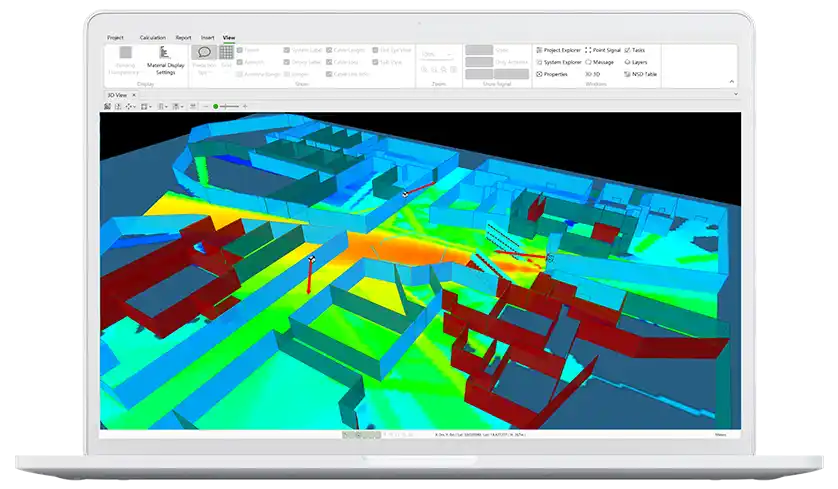The above points emphasize that:
- Mobile networks must be able to adapt to changes;
- The planning, commissioning, and operations of networks, need to be automated so that the number of physical site visits, can be minimized.
To this end, many what-if scenarios need to be carefully evaluated before changes in network parameters are commissioned. This calls for the development of 'perfect computer replicas of the real world' -- aka as a digital twin - reflecting the environment, the network components, and radio network simulation.
In this project, Ranplan will develop a digital twin of environment, network device, and radio network simulation based on a microservice architecture to enable automatic network planning and optimization in the cloud.





